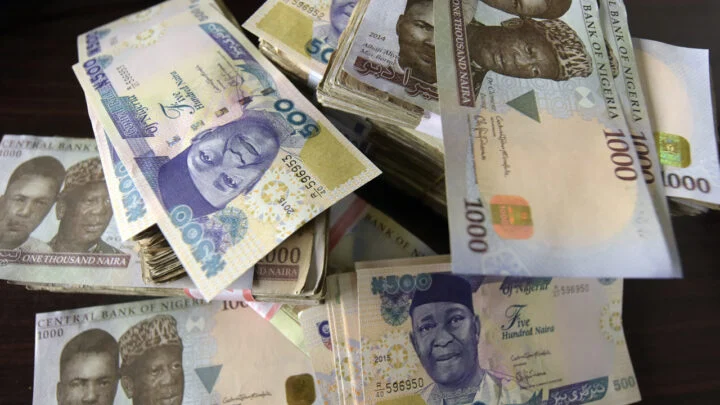Nigerians clear N4.05trn in personal loans within three Months

Due to the high interest rates on their debts, Nigerians’ personal loan balances with commercial banks decreased from N7.52 trillion in the first quarter of 2024 to N3.47 trillion in the second quarter of the same year.
This is in line with the most recent quarterly economic data for Q2 2024 from the CBN, which was acquired.
The study states that personal loan balances decreased by 53.9% from N7.52 trillion in the first quarter to N3.47 trillion in the second quarter.
The addition of N5.49 trillion in the first quarter of 2024 stands in stark contrast to this.
The data indicates that Nigerians will probably repay the loans because they are still struggling with increased interest rates as a result of the apex bank’s hawkish monetary policy, even if the central bank report did not provide an explanation for the fall. A decline in consumer credit
The total amount of outstanding consumer credit fell 42.6% to N4.73 trillion in Q2 2024, reflecting this.
A trend towards smaller-scale credit facilities was shown by the rise in retail loans from N0.72 trillion to N1.26 trillion, while personal loans made up 73.35% of total consumer credit.
This implies that while people are paying off their debts, small retail firms are having to take out more loans in order to survive the high cost of doing business in the nation.
In comparison to the previous quarter, consumer credit outstanding decreased by 42.60% to N4.73 trillion in Q22024, according to the CBN data. Although they decreased from N7.52 trillion in Q12024 to N3.47 trillion, personal loans continued to dominate the consumer credit market, making for 73.35% of total credit. But compared to the previous period, retail loans increased to N1.26 trillion from N0.72 trillion.
What you ought to be aware of
Under Yemi Cardoso, the apex bank raised the monetary policy rate (MPR) five times in an effort to fight inflation and promote stability in the economy.
The Monetary Policy Committee (MPC) raised the rate by 50 basis points to 27.25% in September 2024, following hikes from 18.75% to 22.75% in the first hike, 24.75% in the second, 26.25% in the third, and 26.75% in the fourth.
These hikes, which have totaled 850 basis points since Cardoso took office, have been motivated by initiatives to address the nation’s ongoing inflation problems, such as high core and food inflation.
Due to the country’s high interest rates and inflation, Fitch Ratings, a global credit ratings organization, predicted in its most recent report on Nigeria that non-performing loans from Nigerian banks will rise in 2024.
“Fitch anticipates that high inflation and interest rates will lead to an increase in the banking sector’s regulatory non-performing loans (end-1Q24: 5.1%) in 2024,” the statement stated. Nevertheless, loan books remain modest (by the end of 2023, they accounted for 35% of the assets.)
Read Also: Jigawa APC Pledges to Tackle Any Group Threatening Party Stability
The CBN’s September 2024 Inflation Expectations Survey indicates that, as worries about inflation and economic hardship mount, at least 71.4% of Nigerians want interest rates to be lowered.
A substantial demand for lower borrowing rates was found in the study, which involved 1,750 firms and 1,665 families from 36 states and the Federal Capital Territory.
Just 12.5% of respondents were in favor of higher rates, and 16.1% said they would rather see no change in rates.
This resounding majority’s support for a rate cut underscores broader worries about borrowing costs and how they affect family and business spending.
Although the increase in interest rates to 27.25% is “painful” for borrowers, CBN Governor Yemi Cardoso recently stated that the move is required to successfully control inflation and lessen surplus money in circulation.
In 2024, the CBN’s next MPC meeting is scheduled on November 25–26. It is anticipated that as long as there is substantial inflation, the committee would keep raising the MPR.



